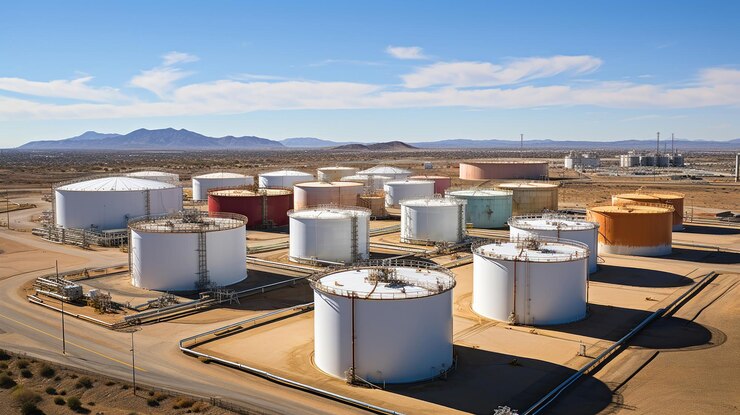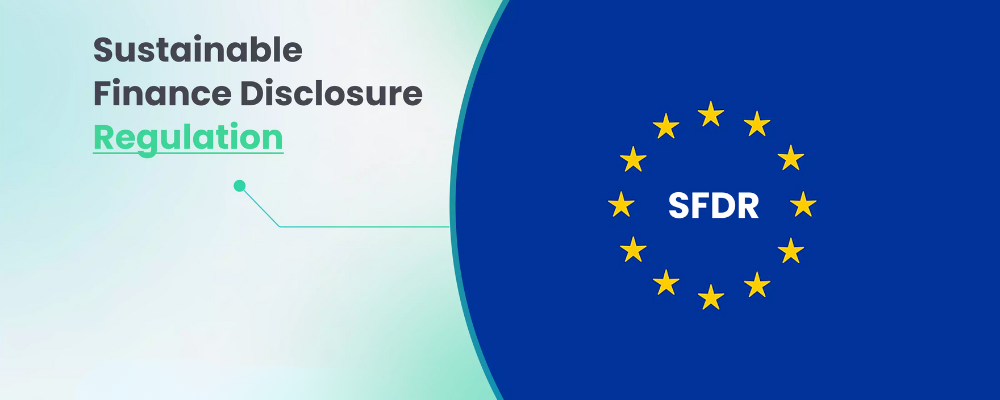The influence of government policies and regulations on emissions reporting in the oil and gas sector

The global oil and gas industry, a linchpin of the world's energy supply, faces increasing scrutiny as environmental concerns escalate. Governments worldwide are responding with a plethora of policies and regulations to curb emissions, drive sustainability, and shape the industry's future. In this comprehensive exploration, we delve into the far-reaching impact of government interventions and how the World of Circular Economy (WOCE) emerges as a vital ally for the oil and gas sector, fostering sustainability and compliance across diverse landscapes.
Diverse Regulatory Landscapes:
Governments play a pivotal role in shaping the operating environment for oil and gas companies. While regulatory frameworks vary across countries, they commonly include permits for development, drilling, and operations. Public reviews during the permitting process underscore the need for compliance, setting the stage for responsible and sustainable practices.
Governments worldwide are implementing measures such as carbon taxes and incentives to curb reliance on fossil fuels and foster the growth of sustainable alternatives.
Environmental Regulations: A Global Imperative:
The escalating global focus on mitigating climate change has led to a surge in environmental regulations, spearheaded by EU's European Green Deal and the Paris Climate Agreement of 2015. Governments worldwide are keen on reducing greenhouse gas emissions, prompting a seismic shift in the energy landscape. This transition is particularly pronounced in the gas drilling sector, where measures to reduce emissions have driven a shift from coal to natural gas. Notably, California has committed to phasing out gas-powered vehicles by 2035, while Denmark has opted out of future North Sea licensing rounds, aiming to halt oil and gas production from the region by 2050.
The Clean Air Act: A Catalyst for Change:
Various nations have enacted legislation akin to the U.S. Clean Air Act, emphasizing the reduction of greenhouse gas emissions. Mandating the adoption of technologies like green completion, which captures and treats escaped natural gas, these regulations have propelled the oil and gas industry toward sustainability. The long-term benefits, as advocated by environmental agencies, outweigh the initial compliance costs.
ESG Compliance: A Holistic Approach:
In tandem with environmental regulations, ESG compliance has emerged as a holistic approach to sustainability. Governments and investors globally are scrutinizing companies based on their environmental, social, and governance practices. ESG compliance mandates transparency, ethical business practices, and a commitment to social responsibility, providing a comprehensive framework for responsible corporate behavior.
Challenges for Small and Global Enterprises

While environmental regulations are vital for a sustainable future, they present challenges, especially for smaller enterprises. Small businesses, constituting a significant portion of the global oil and gas industry, may struggle with the financial burden of compliance. Striking a balance that encourages sustainability without disproportionately affecting smaller players becomes imperative.
Drilling Notifications and Safety Standards Worldwide:
Beyond environmental concerns, governments globally mandate drilling notifications and adhere to health and safety standards. Ensuring worker safety, organizations like the Occupational Safety and Health Administration (OSHA) set guidelines for working conditions. The emphasis on safety in drilling operations, chemical exposures, and equipment handling is a shared goal worldwide.
WOCE: A Global Ally for Sustainability

As governments globally intensify efforts to regulate emissions, oil and gas companies seek strategic partners to navigate this complex landscape. Enter World of Circular Economy (WOCE), a beacon of support for the industry's sustainability journey. WOCE's suite of tools and solutions transcends geographical boundaries, aiding companies in meeting regulatory requirements and fostering a greener future.
Carbon Accounting: A Universal Approach:
WOCE's carbon accounting tools such as Carbon Ledger and Carbon Accounting as a Service offer a universal solution for companies worldwide. By capturing, calculating, reporting and offsetting emissions across the entire value chain, WOCE provides a comprehensive view that facilitates accurate identification and quantification of carbon footprints. This universal approach ensures that companies, regardless of location, can align with global sustainability goals.
Offset Strategies and Compliance Management:
Navigating the complex web of regulations requires strategic offset strategies and compliance management. WOCE's tools empower oil and gas companies to forecast emissions, plan offset initiatives effectively, and manage carbon certificates seamlessly. This holistic approach ensures global compliance while fostering a proactive stance toward sustainability.
Conclusion:
The global oil and gas industry stands at the crossroads of regulatory challenges and sustainability imperatives. Governments worldwide are enacting policies to reshape the industry, driving it toward a greener and more responsible future. In this landscape, WOCE emerges as a global ally, providing universal tools and solutions that empower companies to not only comply with regulations but also proactively contribute to a sustainable and resilient future.
As the industry embraces innovation and collaboration, WOCE remains committed to guiding oil and gas companies on their sustainability journey, irrespective of geographical boundaries.




